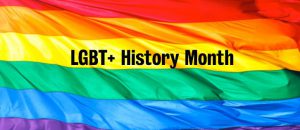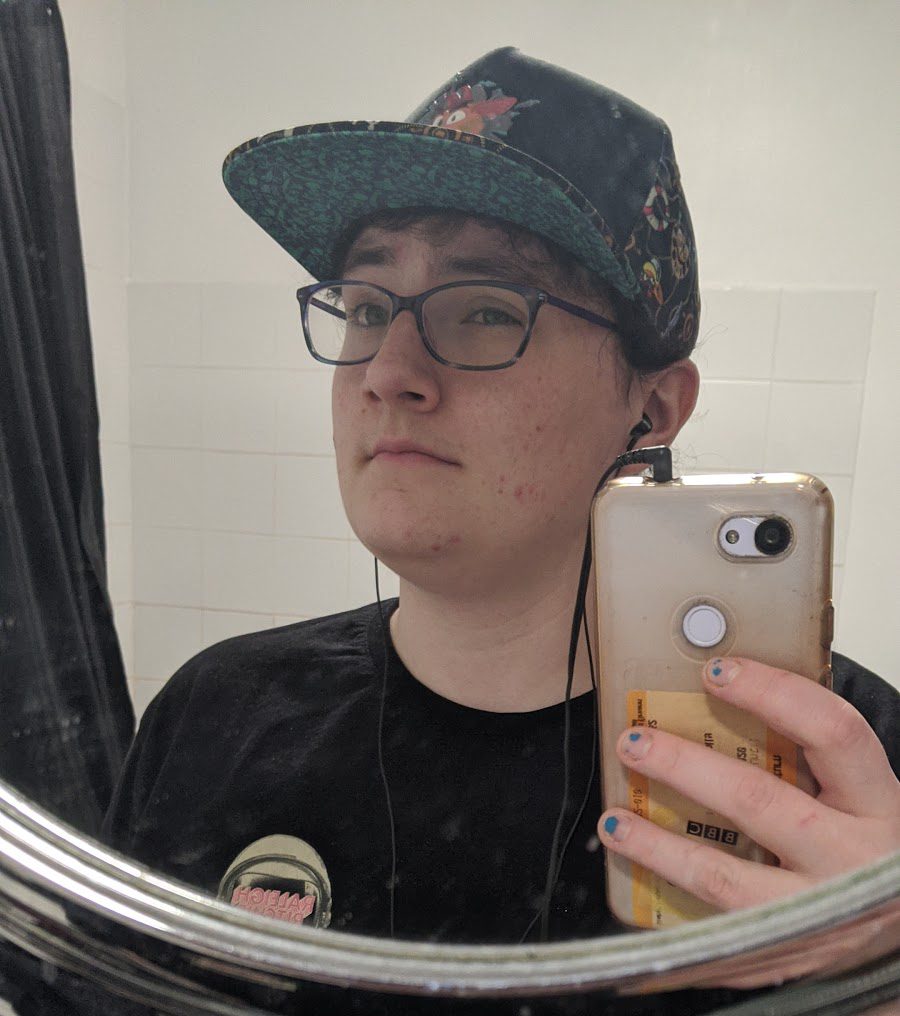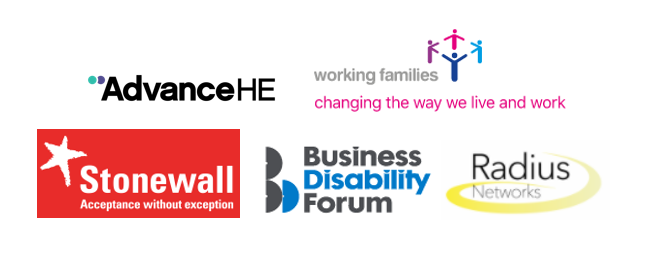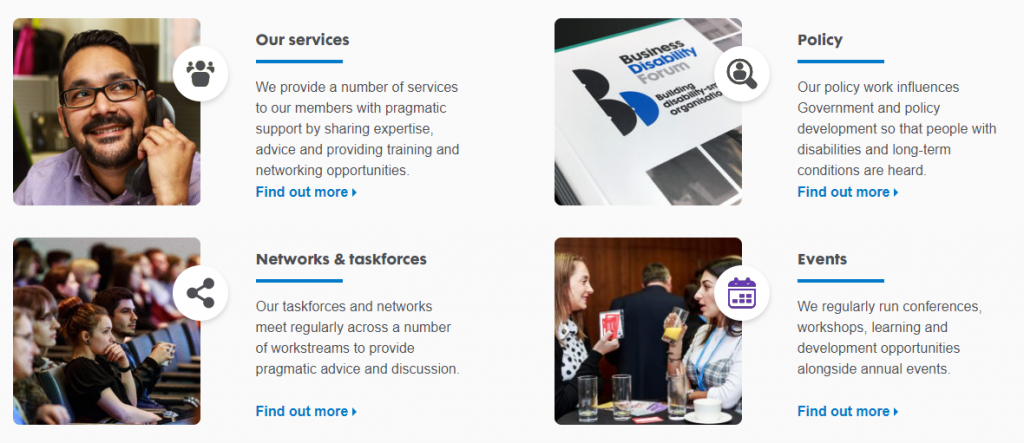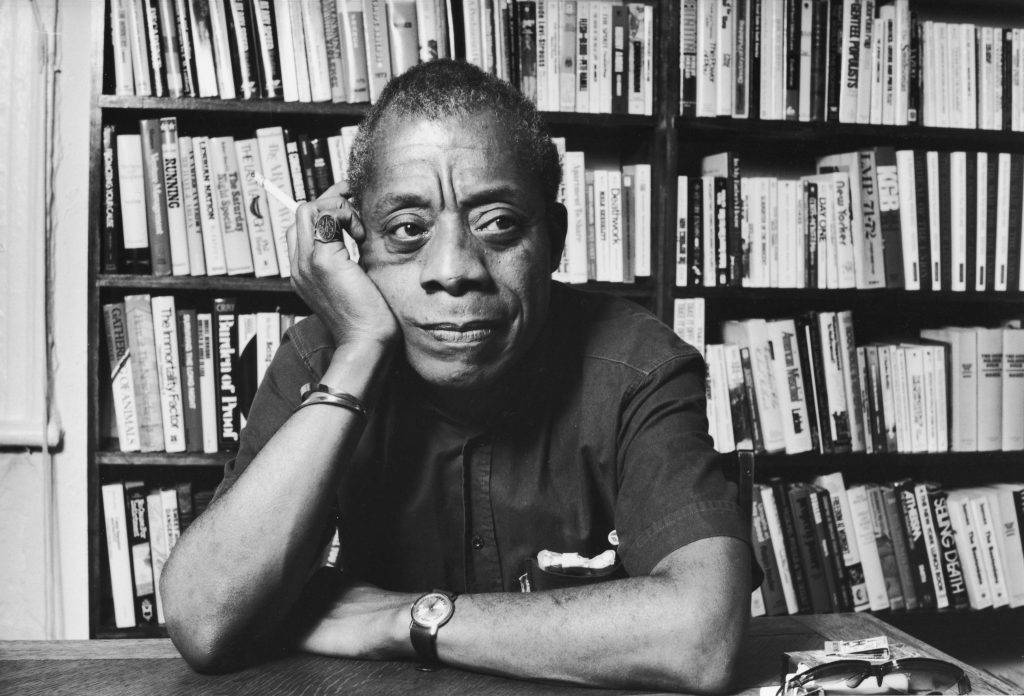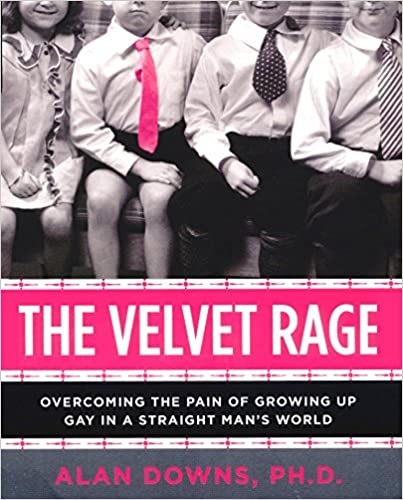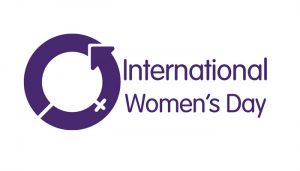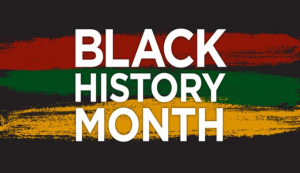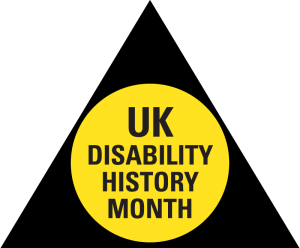Joy Whyte is Strategic Director, Education & Students, and the professional services lead for student mental health and wellbeing. To coincide with University Mental Health Day (3rd March 2022) Joy explores how we can embed wellbeing in uncertain times.
At the start of this academic year, the Student Mental Health and Wellbeing Steering Group met in its newly configured form for the first time. I co-chair this group with Professor Juliet Foster, the academic lead for student mental health and wellbeing, with Wilna Gracias as the remarkably dynamic and knowledgeable Head of Student Mental Health & Wellbeing Strategy.
We started the meeting of the newly constituted group with a round of introductions, asking participants to share a time they were well supported and to describe the impact of that support. Rounds such as this – common in community organising practice, as a means of connecting group members – normally take 10 minutes at most. Ours took 50 minutes. In at an atmosphere of trust and confidence in one another, and a willingness to be collectively and individually vulnerable, we all shared stories of times when we had been challenged, and described the ways in which we had each been supported.
Except for my own, those experiences are not mine to share, but anyone who has lived through two years of a global pandemic will have plenty of stories of their own: of isolation, of bereavement, of the difficulty of balancing work and family life (writ large as schools closed across the country), of caring responsibilities – both immediately and distantly, of health concerns and illness, of financial worries, instability around housing, difficulty in getting out to buy essentials, to name but a few. And sometimes a great many of these factors, in combination, exhaustingly set within a context of the intense ambient anxiety caused by a global health crisis.
We also know that these factors have been felt differently – that black people and people of the global majority have been at greater risk from Covid, that women have carried a disproportionate childcare burden (affecting time for research, work, and rest), and that living arrangements have impacted in varyingly problematic ways for those who live alone, in shared accommodation, with a violent partner, or as a single parent.
“More people have experienced a mental health crisis during the coronavirus pandemic than ever previously recorded”. – Mind, 2020.
The Prime Minister may think that we’re in post-pandemic times. But, even if you think the global health risk has subsided (and I believe only vaccine equity will assure that), the reverberations of living through such destabilising and precarious times seems set to be with us for some time. In November 2020, Mind revealed that “more people have experienced a mental health crisis during the coronavirus pandemic than ever previously recorded”. Mind warned of the risk of a second, mental health pandemic, and called for urgent action to mitigate the impacts of this, including investing in mental health services in the community.
In February, the Office for National Statistics reported that 16-29 year olds feel significantly more anxious than the general population. 42% reported high levels of anxiety in the first half of February compared with 34% on average. Many King’s staff will be in this age group, and many more are directly supporting students who are experiencing these feelings of anxiety. The Student Minds Planning for a Sustainable Future report observed that “the human relationship between staff and students is still the key factor in the student experience and in supporting student mental health and wellbeing. How staff are supported becomes an important consideration.”
In the 2018-2020 Student Mental Health and Wellbeing Report and Strategic Plan, we set out a pyramid support model. There are undoubtedly students – and staff – who need support at the uppermost levels (university specialist support services, and external specialist support services). Indeed, Professor Steve West, Vice-Chancellor UWE and President of Universities UK (UUK) noted in a One King’s leadership session on 24 February that “the increasing demands being made on Mental Health and Wellbeing both within university, NHS and 3rd sector agencies is significant. Universities are being expected to support high risk mental illness as the pressures on the NHS increase. This is being worked on by UUK working across Government Departments to encourage a joined-up solution”.
Yet the base levels of the pyramid are equally important, and as King’s moves into the next phase of our strategic plan, the steering group’s focus is on illuminating further the Education Strategy’s ambition to “support positive wellbeing as a fundamental ethos of the university” and to “support and enhance the mental and physical wellbeing of students and staff through all aspects of the university experience”.
Going back to our October meeting, individual stories about challenges sat within the context of the support we had each received – a meeting with a colleague or line manager in which we felt heard; a note left on a desk or in a locker by a co-worker; someone asking ‘how are you?’ months after a difficult event, and meaning it; cups of tea made; diaries cleared for a conversation; understanding and compassion. These were often seemingly small actions – of kindness, concern, and support – and they were profoundly meaningful.
“Local factors play a significant role in staff wellbeing. Having a supportive team and a good direct line manager has been shown to be important for good wellbeing…” – University Mental Health Charter.
These experiences reflect the findings of Student Minds, whose University Mental Health Charter (which King’s is working towards) states “Local factors play a significant role in staff wellbeing. Having a supportive team and a good direct line manager has been shown to be important for good wellbeing, in both the literature and feedback from staff participants in the Charter consultation.”
Importantly, though, Students Minds note: “However, this can be precarious if not supported by the general culture of the university. This suggests a need for a combination of a general healthy culture and specific structures and practice, which ensure managers can and do support good wellbeing within their teams and respond appropriately to staff experiencing poor mental health.”
For my own part, I think that whilst our individual experiences can catalyse change, by illustrating what support can work well (and conversely where an absence of support has heightened difficulties), the Education Strategy’s ambitions can be genuinely transformative. In the words of the King’s Community Charter we partly demonstrate our collective commitments to making the world a better place by “creating a culture that promotes positive mental health and wellbeing, and supports a proactive and holistic approach, whilst recognising the needs of the individual”. As a steering group, we look forward to sharing with you more details of what this means in practice, as we prepare the King’s application to the University Mental Health Charter.
For guidance on mental wellbeing, and details of a range of sources of support, including Togetherall, see staff mental wellbeing.
Organisational Development are currently conducting a review of the support available to staff, with the outcome of the review to be shared in early May. If you’d like to share your views on King’s support for staff wellbeing, Organisational Development invite you to send your thoughts to OD@kcl.ac.uk using the subject line ‘Wellbeing Review’.

